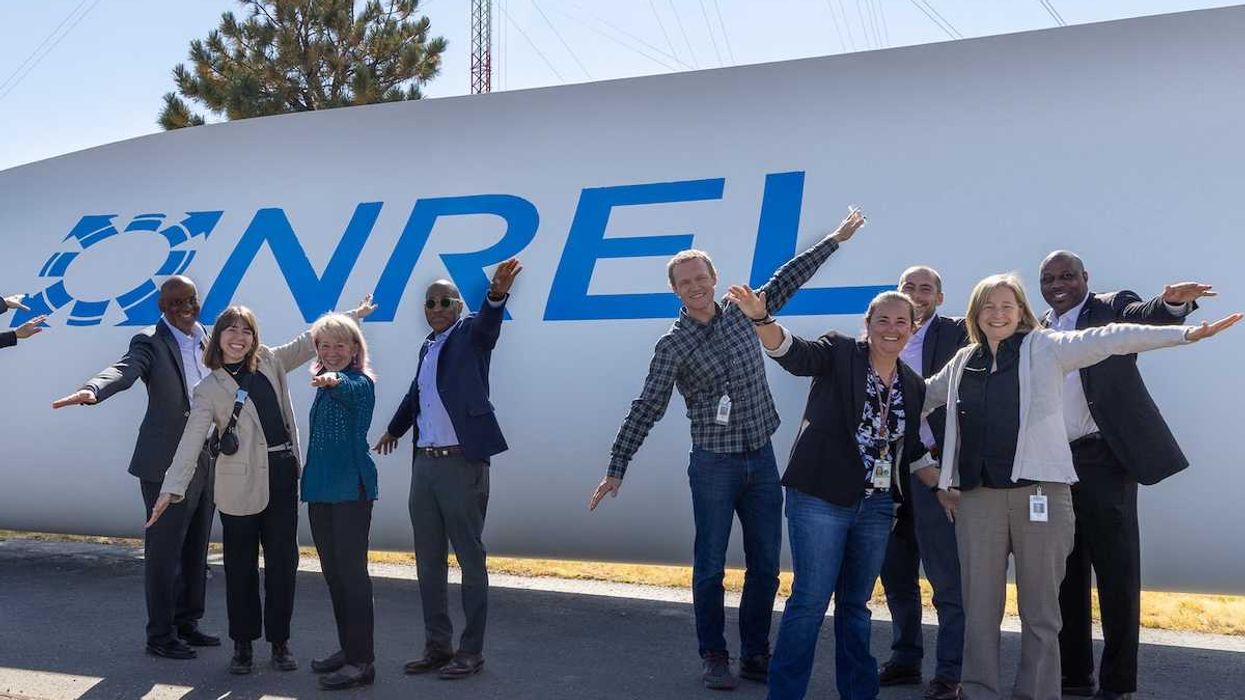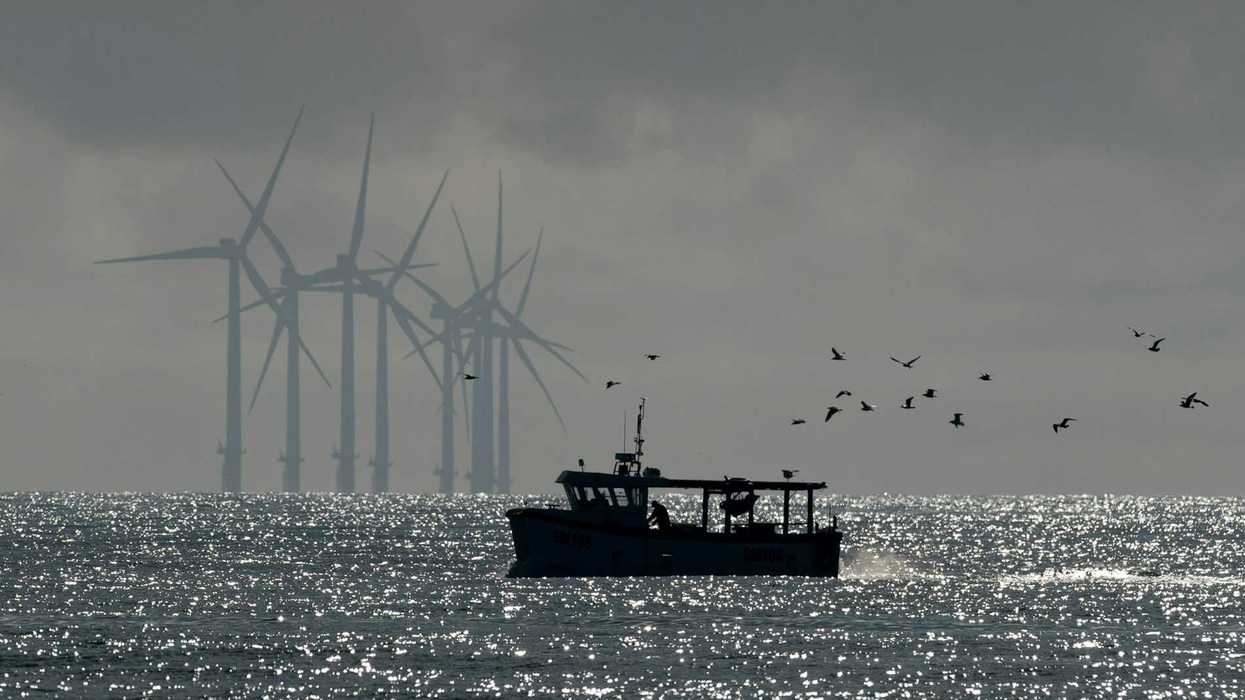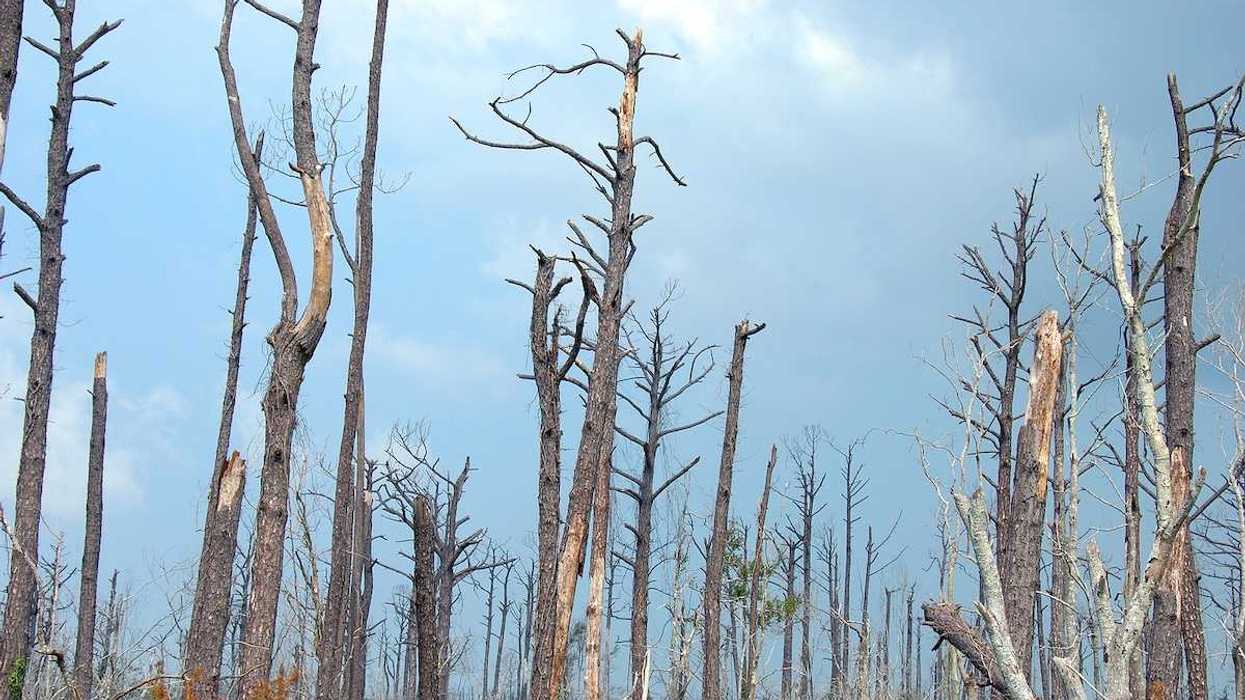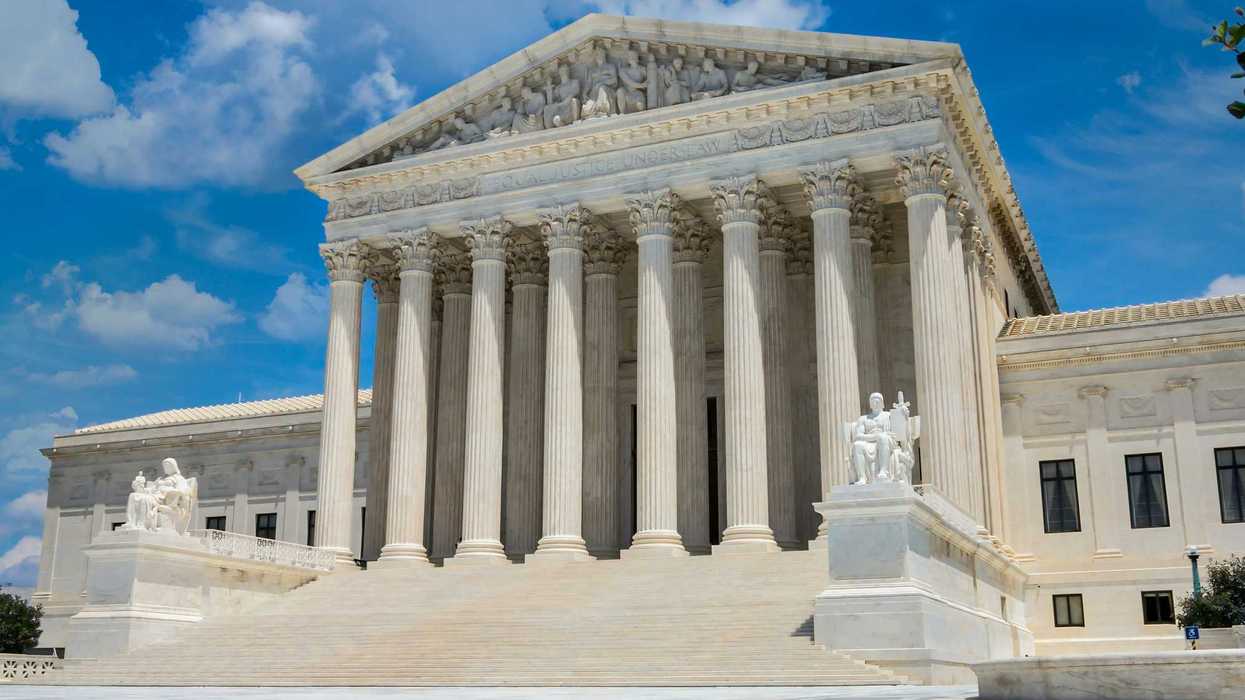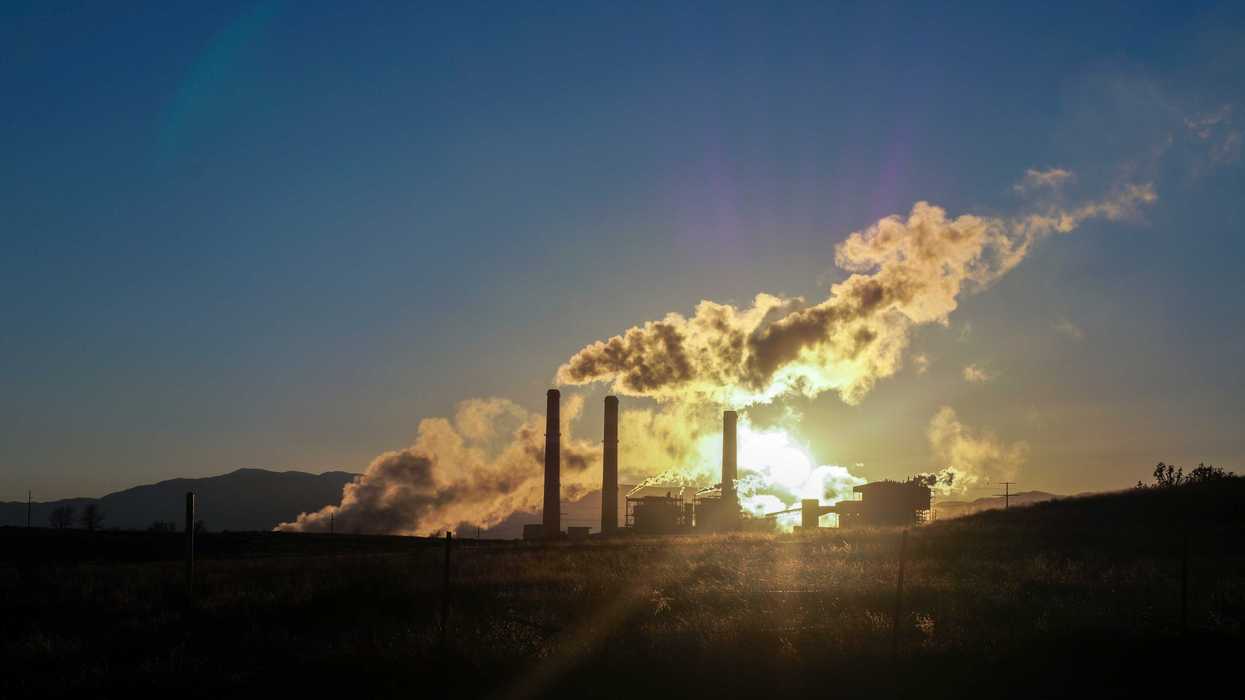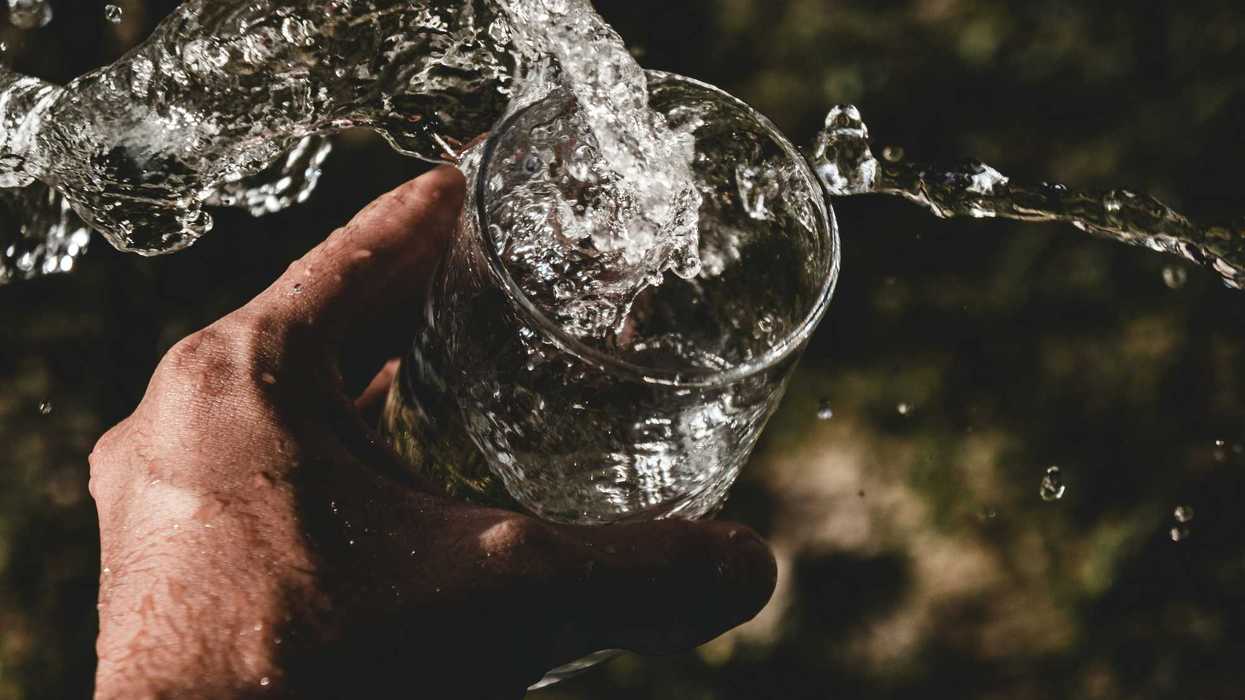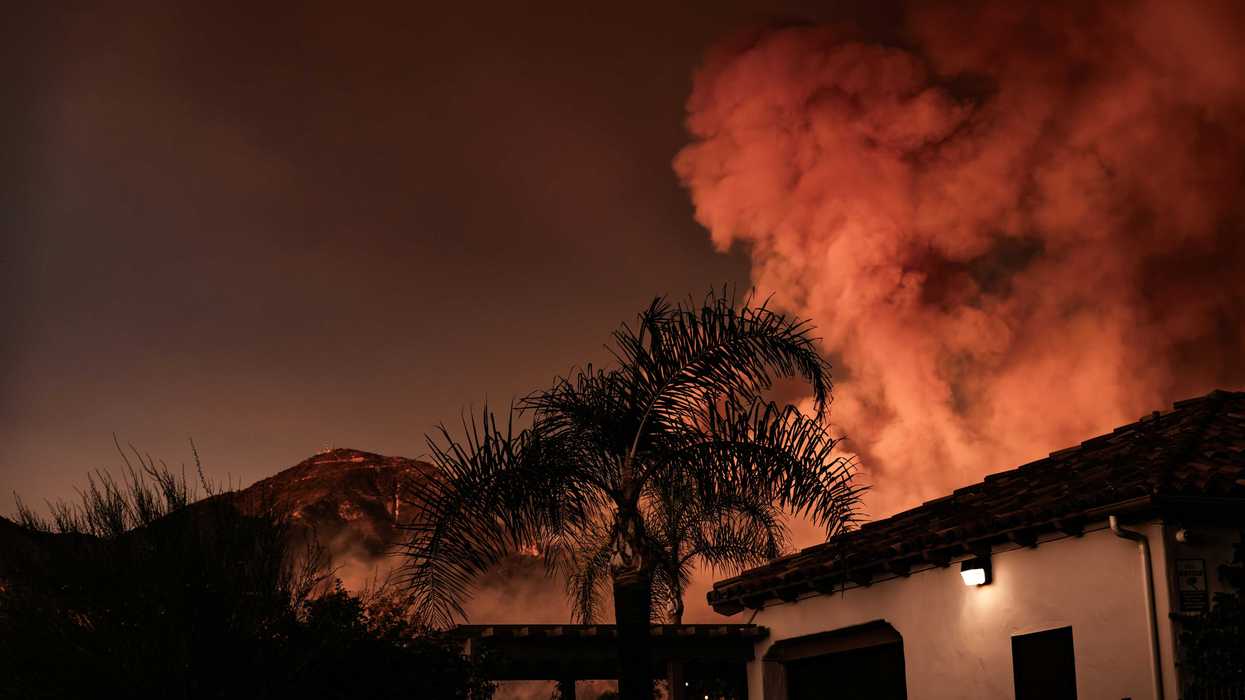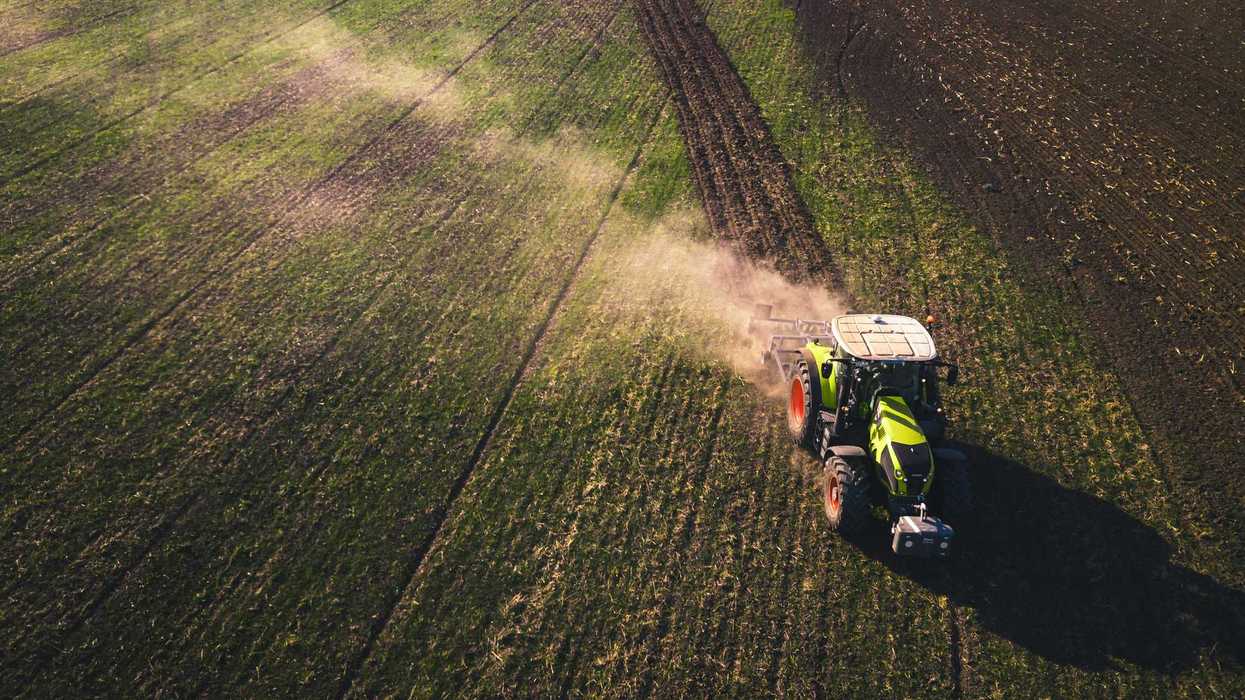Greenpeace is fighting a multimillion-dollar lawsuit from Energy Transfer, which claims the environmental group played a major role in protests that delayed construction of the Dakota Access Pipeline.
Karen Zraick reports for The New York Times.
In short:
- Greenpeace asked North Dakota’s Supreme Court to move the trial out of Morton County, arguing the jury is biased due to the pipeline protests that disrupted local life in 2016-2017.
- Energy Transfer accuses Greenpeace of defamation, inciting violence, and supporting protest tactics that damaged equipment and delayed construction.
- If Greenpeace loses, the judgment could total hundreds of millions of dollars, potentially forcing the group to shut down U.S. operations.
Key quote:
“With jury selection complete, it is clearer now than ever that Greenpeace defendants will not get a fair and impartial trial in the county where the protests occurred.”
— Greenpeace legal filing
Why this matters:
The case tests how far companies can go in suing advocacy groups over protests. Energy Transfer's lawsuit follows a broader trend of corporations using legal action to target activists, potentially chilling environmental and social movements. The Dakota Access Pipeline protests centered on Native American land rights and water protection, issues still at the forefront of environmental justice debates. A ruling against Greenpeace could have lasting effects on how advocacy groups operate in the U.S.
Read more: Fossil fuel company’s lawsuit against Greenpeace heads to trial in North Dakota


